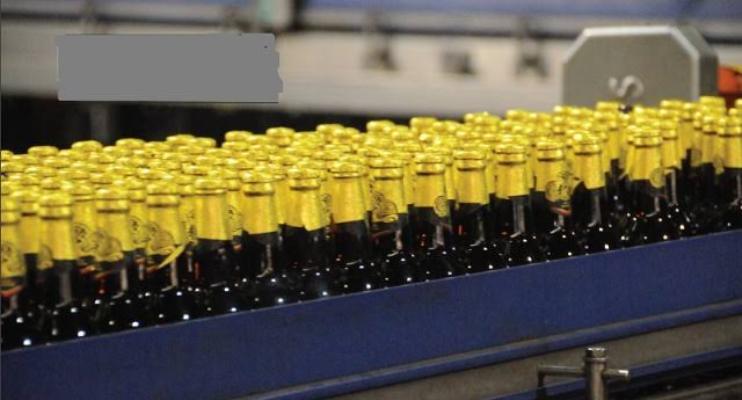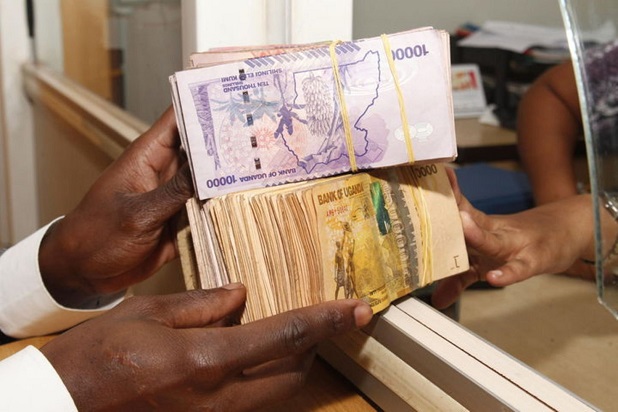Manufacturers under their umbrella body, Uganda Manufacturers Association (UMA) want Government to continue bearing the cost of implementing Digital Tax Stamp System (DTSS) which is also known as Digital Tracking System (DTS) which is aimed at helping Uganda Revenue Authority (URA) with tax collection.
DTS is a tax administration solution that is built upon a scalable technology platform that integrates tools, devices and software and according to URA, the DTSS will enable the marking, tracking, tracing, inspection and verification of excisable products throughout their lifecycle, thereby allowing URA to monitor and control the production, import, export, and distribution of these goods in Uganda.
However, Daniel Birungi, the Executive Director at UMA in a recent letter to Amelia Kyambadde, the Minister of Trade, Industry and Cooperatives says that manufacturers are not against the implementation of DTS, but want government to continue bearing the cost of implementing it, arguing that it is too expensive for them now. A beer company for example will require an additional capital of Shs15bn to implement the DTS.
“The proposal and request is that Government should continue to bear the cost of Digital Tax Stamps for the financial year 2021 as the industry recovers from the impact of COVID 19,” Birungi says.
UMA says the period of government bearing the cost of implementing DTS is soon ending with Financial Year 2019/20, but given the impact COVID-19 has had on the beverage sector (juice, water and alcohol) which the DTS targets, additional costs on the already financially stressed sector players will not only result into job losses but also closures.
In the letter also copied to the Minister of Finance, Birungi says that as result of measures implemented to stop the spread of COVID-19, the industry’s production fell by about 40% and their sales’ revenues by between 50% and 65% depending on the different business’ distribution capabilities.
Justifying their request (for government to continue bearing cost of implementing DTS), UMA says “DTS is an administrative tool for Government and the request is that Government continues to pay for it with the contributions from the Consolidation fund.”
UMA adds that if the cost of manufacturing is increased, the industry will automatically increase the price of its products and eventually pass the price to the final consumer.
“Based on our research, however, this will inevitably result into an immediate decline in the volume of beverages sold by up to at least 20%,” Birungi says, adding that government can therefore expect matching fall in tax revenue from the beverages sector.
UMA adds that the increase in the price of otherwise affordable beverages will lead to increased trading and consumption of untaxed illicit beverages.
“Illicit beverages currently constitute more than 60% of the Ugandan beverage market,” UMA’s Birungi further reveals.
UMA adds that if the products cost more and consumers consume less, this will directly adversely affect farmers where raw materials are sourced from.
“The beer industry directly employs at least 39,000 large/ aggregator farmers to supply grain/ cereals like sorghum, barley, cassava and maize. These 39,000 farmers in turn employ at least 75,0000 small farmers thus impacting at least 179,000 households all around the country,” UMA says, adding: “If the cost of DTS is passed onto the beer company, it will require these companies to find Shs15bn.”
UMA says each year, beer companies invest more than Shs23bn in agriculture.
“DTS is therefore competing with the investment in agriculture,” UMA argues, adding: “If indeed the 15bn cost is passed on, this will result (for example) in an increase in the cost of the cheapest beer by Shs500 (from Shs2, 500 to Shs3, 000).”
Manufacturers further add that if the beer is no longer affordable, then they will reduce our sourcing by at least 10,000 metric tons of grain from the farmers within the first year.
“We also estimate that Government will lose at least 25% of its revenues from the beer industry, which currently is amongst the top tax payers bringing in a combined contribution of at least Shs400bn each year,” UMA says.
The current impact from closing of the bars, restaurants and social gatherings has already cost Government at least Shs25bn in the last 3 months alone, UMA says.
“If Government passes on the cost of DTS, this will only accelerate this revenue loss while continuing to affect everyone along the value chain of the whole beverage industry including beer, juice, water and soda,” Birungi says.

It is worth noting that URA has been arresting officials of companies found flouting digital tax stamps guidelines during the COVID-19 lockdown. A number of companies have been closed until they meet the requirements.
Introduced in November 2019, manufacturers and importers are required to affix digital tax stamps onto every product manufactured or imported before distribution into the market. Six items were gazetted to have digital stamps affixed onto them namely beer, wine, spirits, mineral water, soda and cigarettes.







It is true what uma director says I do support with the same
I also suggest the government to take the DTS as agreed for first 1 year from the date of implementation as manufacturer structures their financials to meet the requirement of DTS
Also suggest that the government must focus on informal sector of 60% where the government directly logging income nd cover the said cost of the DTS instead of forcing the formal sector